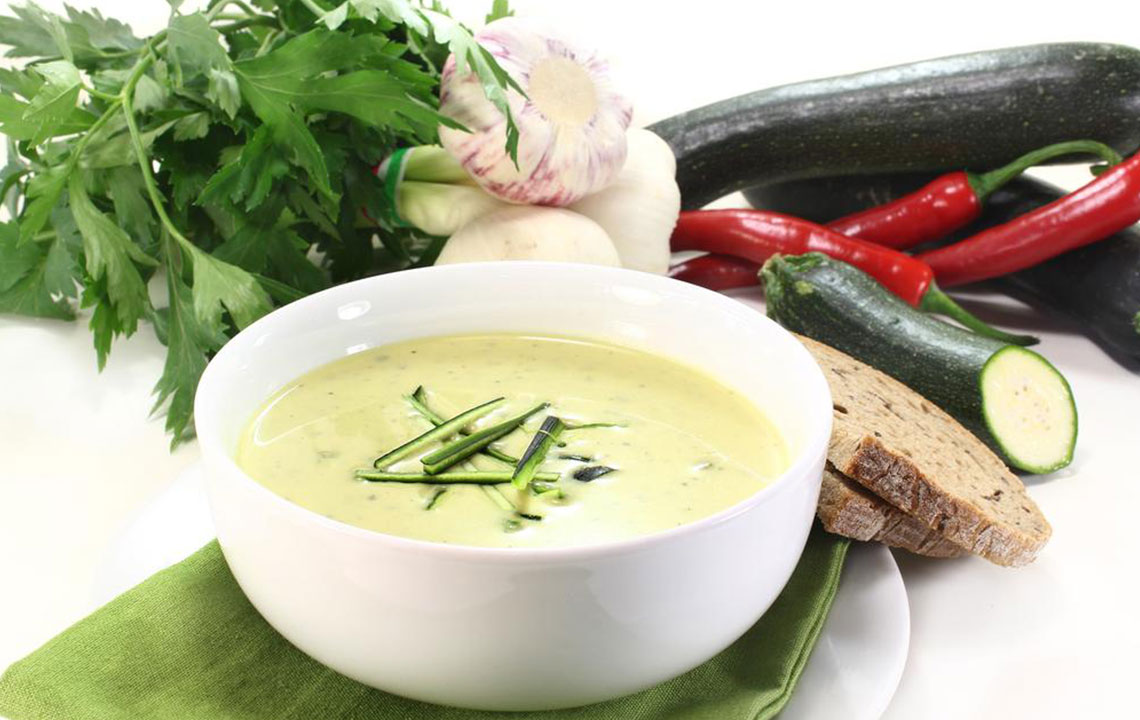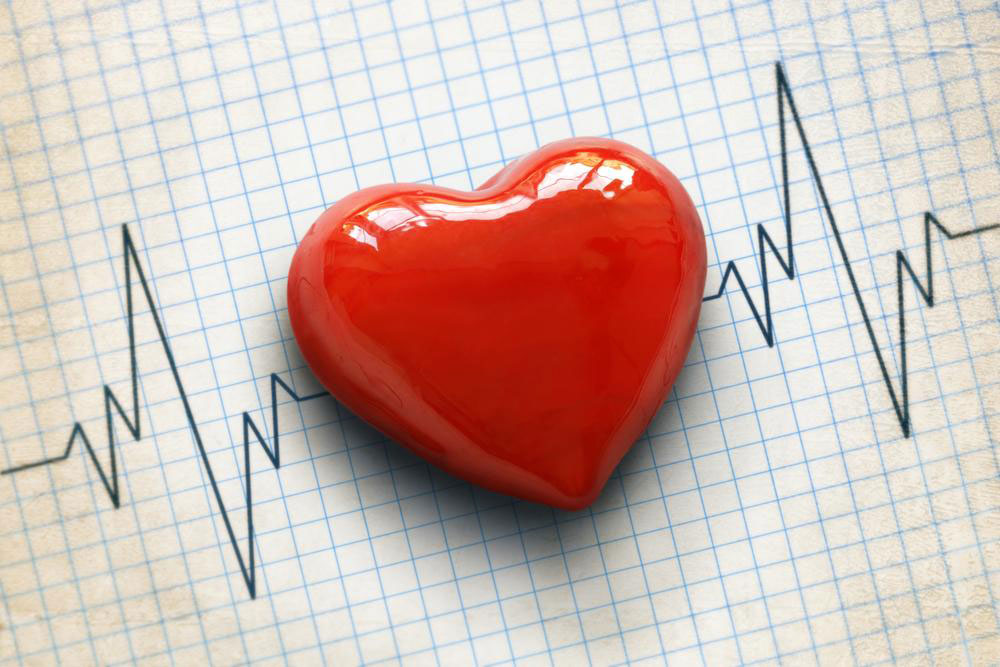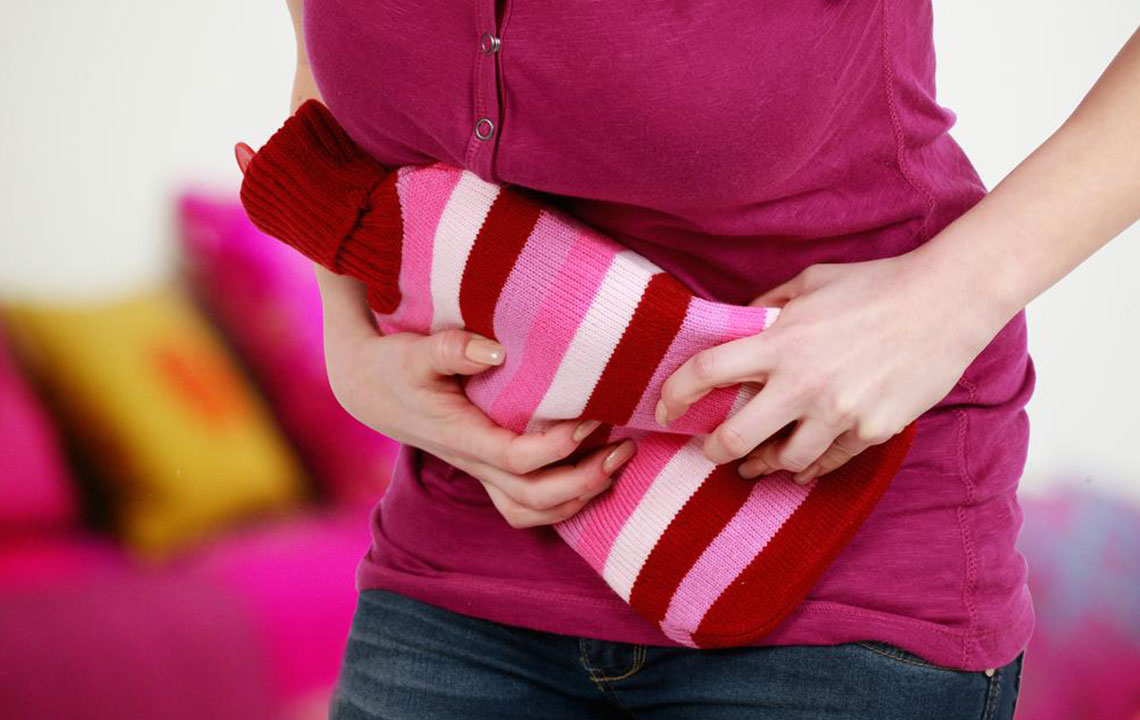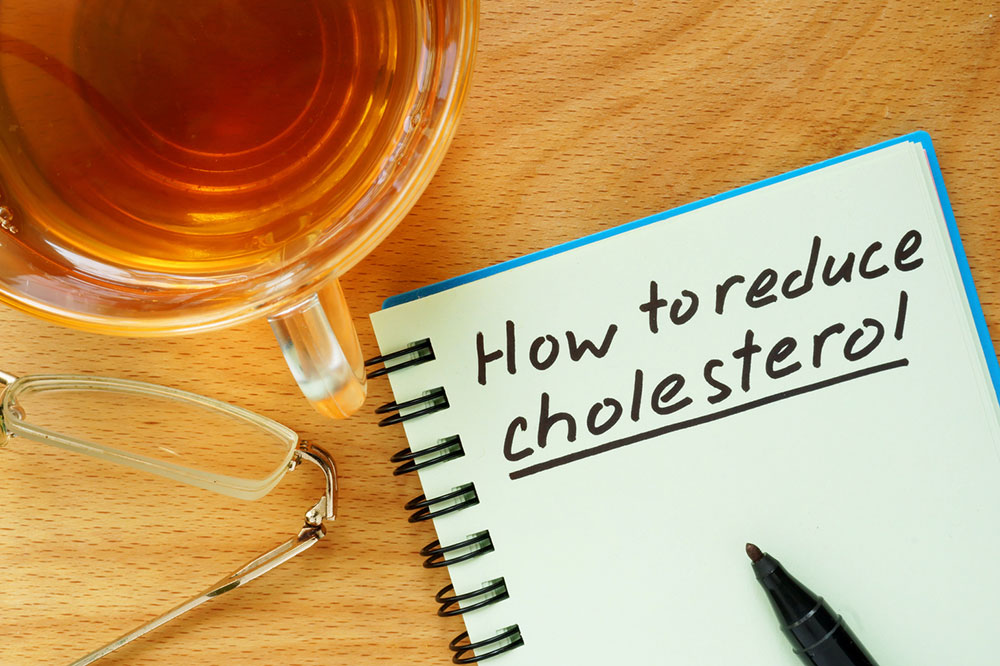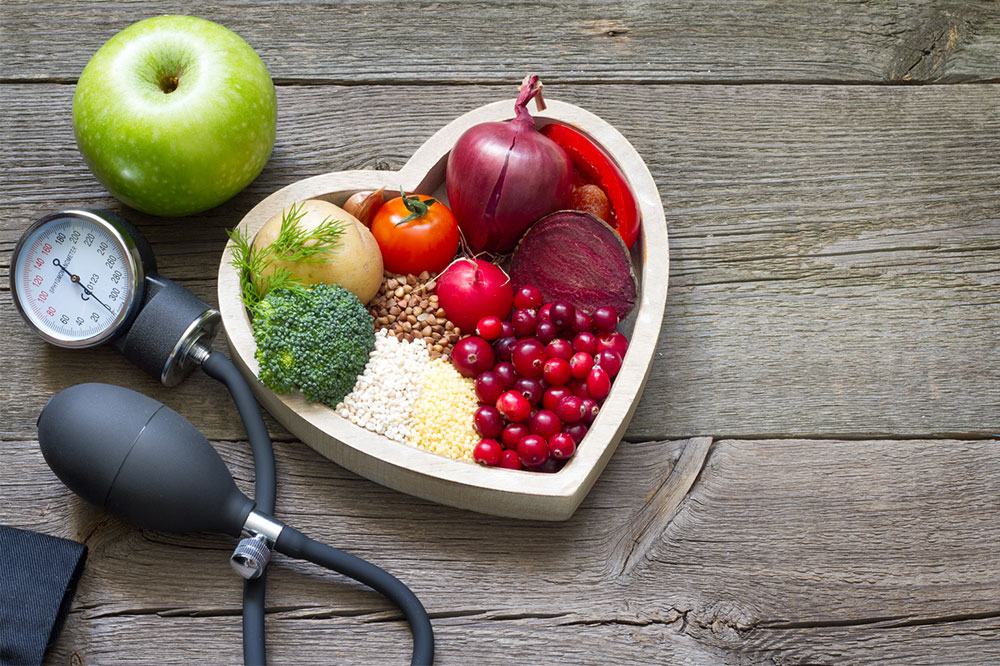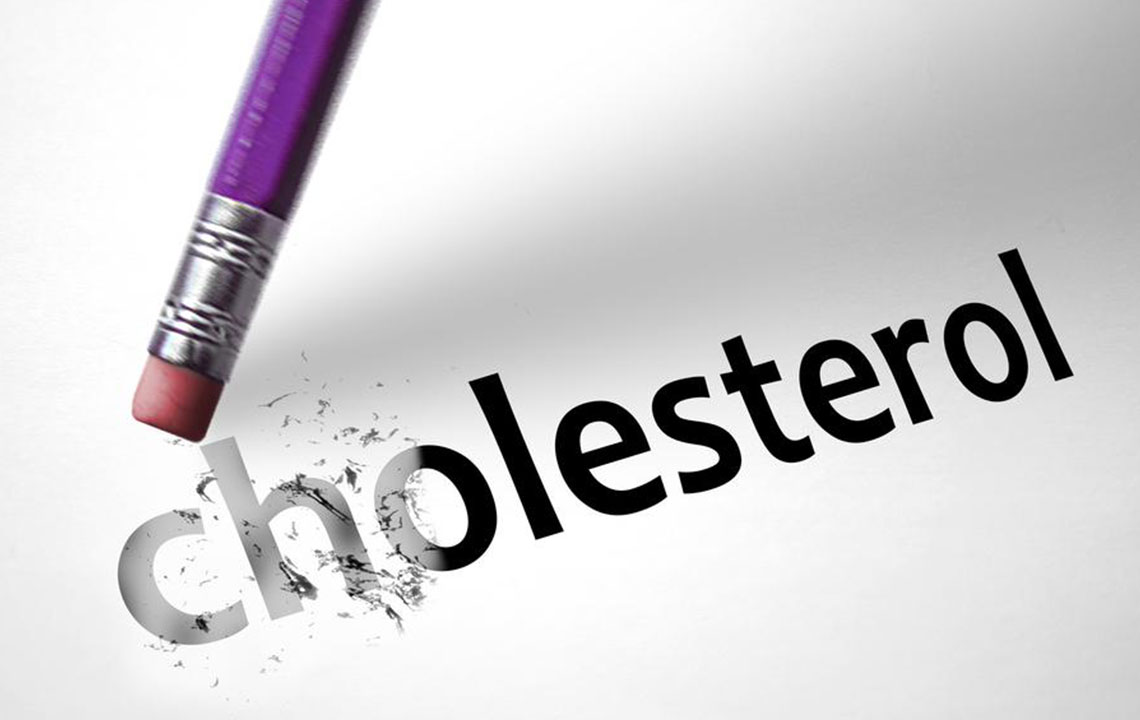Effective Strategies to Lower Cholesterol Naturally
Discover natural and effective methods to reduce cholesterol levels without medication. Learn about dietary adjustments, exercise tips, sleep importance, and vitamin D management to enhance heart health and prevent cardiovascular diseases. This guide provides practical strategies for maintaining a healthy balance of cholesterol through lifestyle changes, promoting long-term wellness and disease prevention.

Understanding Cholesterol and How to Manage It
Cholesterol is a waxy, fat-like substance produced by the liver and found in all body cells. It plays a vital role in producing Vitamin D, hormones, and aiding digestion. However, excess cholesterol in the bloodstream can increase the risk of heart disease. Cholesterol is transported via the bloodstream in lipoproteins, primarily LDL (bad cholesterol) and HDL (good cholesterol). Maintaining a healthy balance between these is essential for cardiovascular health.
Your bloodstream's main function is to carry cholesterol through these lipoproteins. Elevated LDL levels can lead to plaque buildup in arteries, resulting in atherosclerosis and heart complications.
Causes of Elevated Cholesterol
High cholesterol levels often stem from lifestyle choices, diet, and genetics. Excess LDL cholesterol contributes to plaque formation in arteries, narrowing blood flow and increasing heart disease risk. Conversely, higher HDL levels help remove cholesterol from blood vessels, offering protective benefits.
Signs and Symptoms
High cholesterol typically shows no symptoms, making regular blood tests essential for detection.
Here are practical tips to lower cholesterol without medication:
Improve Your Diet
Focus on fruits, vegetables, whole grains, and legumes. Limit intake of saturated fats from butter, full-fat dairy, and fatty meats, as well as dietary cholesterol in egg yolks, shellfish, and organ meats. Avoid trans fats found in processed foods with hydrogenated oils. Incorporate lean proteins like beans, nuts, and soy products such as tofu and soymilk.
Engage in Regular Exercise
Daily physical activity, such as walking for an hour or two, boosts heart health, reduces LDL, and increases HDL levels.
Maintain a Healthy Weight
Losing excess weight helps decrease LDL cholesterol, blood pressure, and the risk of diabetes and heart disease.
Limit Refined Carbohydrates
Avoid white flour-based products like white bread and pasta, which can elevate cholesterol levels due to added sugars and fats.
Prioritize Adequate Sleep
Getting 8-10 hours of restful sleep reduces LDL cholesterol and helps regulate appetite, preventing overeating.
Monitor Vitamin D Levels
Low vitamin D correlates with higher cholesterol; regular testing and sufficient intake of vitamin D-rich foods can assist in managing cholesterol levels.

